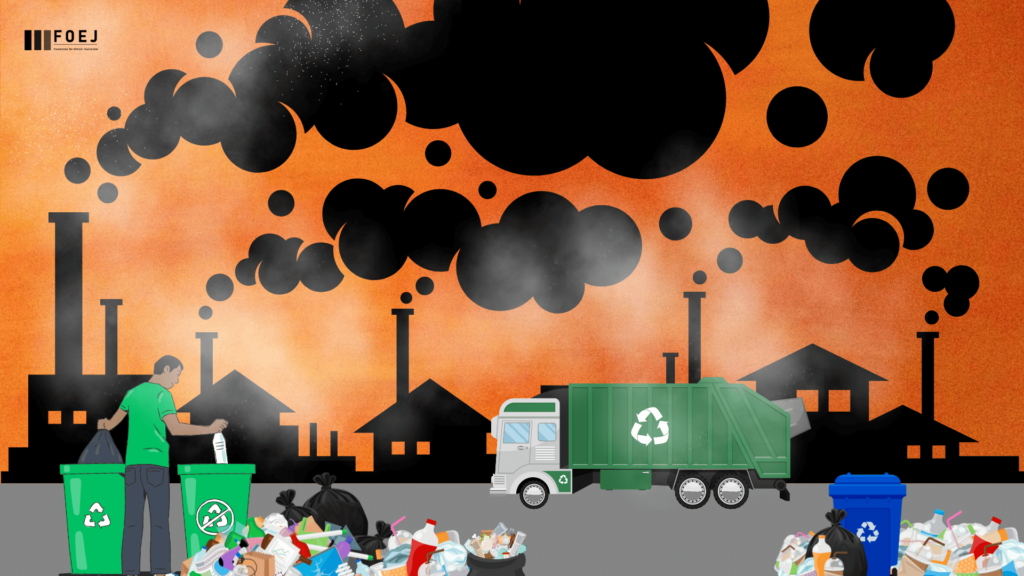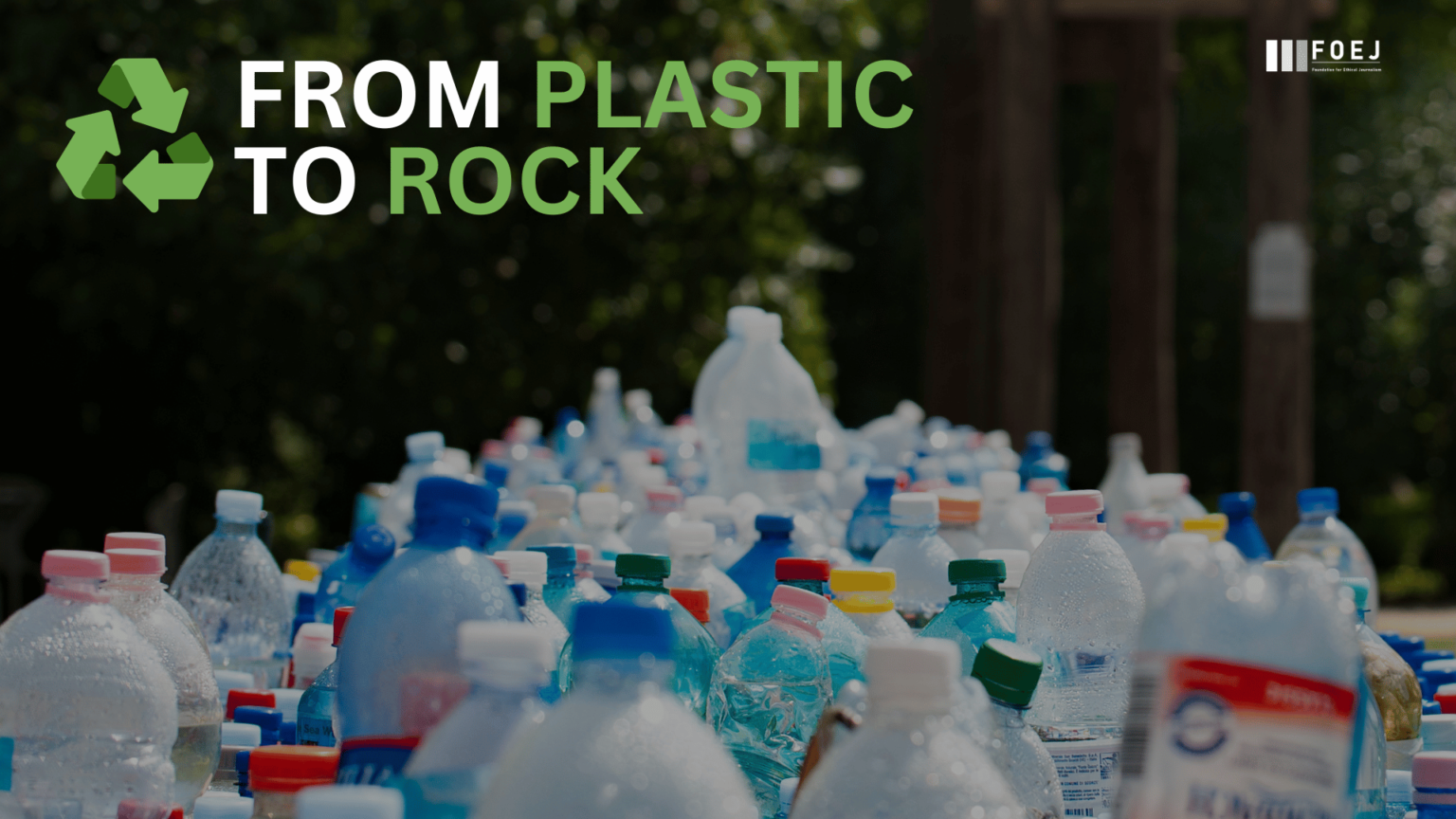Scientists have been searching for new materials that can address the environmental and technological challenges being faced by our world today. Two recent studies have made significant strides in this area, one by finding a way to turn plastic waste into useful rocks and the other by developing a new material with unique properties that could revolutionize multiple industries.
The first study, conducted by Brazilian researchers, focused on the problem of plastic waste in the world’s oceans. They discovered a way to turn plastic waste into “rocks” that can be used to help build infrastructure on remote islands. The researchers collected plastic waste from the ocean, crushed it into small pieces, and then heated it to a high temperature. The resulting material was then molded into a rock-like shape, which could be used to create paths, retaining walls, and other structures.
This discovery has significant potential to help address the problem of plastic waste in our oceans, which has become a major environmental issue. With an estimated 8 million metric tons of plastic entering the world’s oceans every year, this new method of converting plastic waste into useful building materials could have a significant impact on reducing the amount of plastic in the oceans.
The second study, conducted by a team of researchers from the University of Manchester in the UK, focused on the development of a new material called “graphene oxide”. Graphene oxide is a highly conductive material that has the potential to revolutionize multiple industries, from electronics to energy storage to water purification.

Graphene oxide is a form of graphene, which is a single layer of carbon atoms arranged in a hexagonal lattice pattern. Graphene oxide is created by oxidizing graphene, which results in a material that is highly conductive and has a unique set of properties. It is transparent, flexible, and incredibly strong, making it an ideal material for a wide range of applications.
One of the most promising applications for graphene oxide is in the field of energy storage. Graphene oxide has the potential to significantly increase the energy storage capacity of batteries, which could lead to longer-lasting and more efficient energy storage solutions. It also has potential applications in the field of water purification, where it could be used to filter out impurities and contaminants from water sources.
Overall, these two studies represent significant strides in the development of new materials that have the potential to address some of the most pressing environmental and technological challenges of our time. While more research is needed to fully understand the potential applications of these materials, the future looks bright for innovative solutions that can help us build a more sustainable and efficient world.









